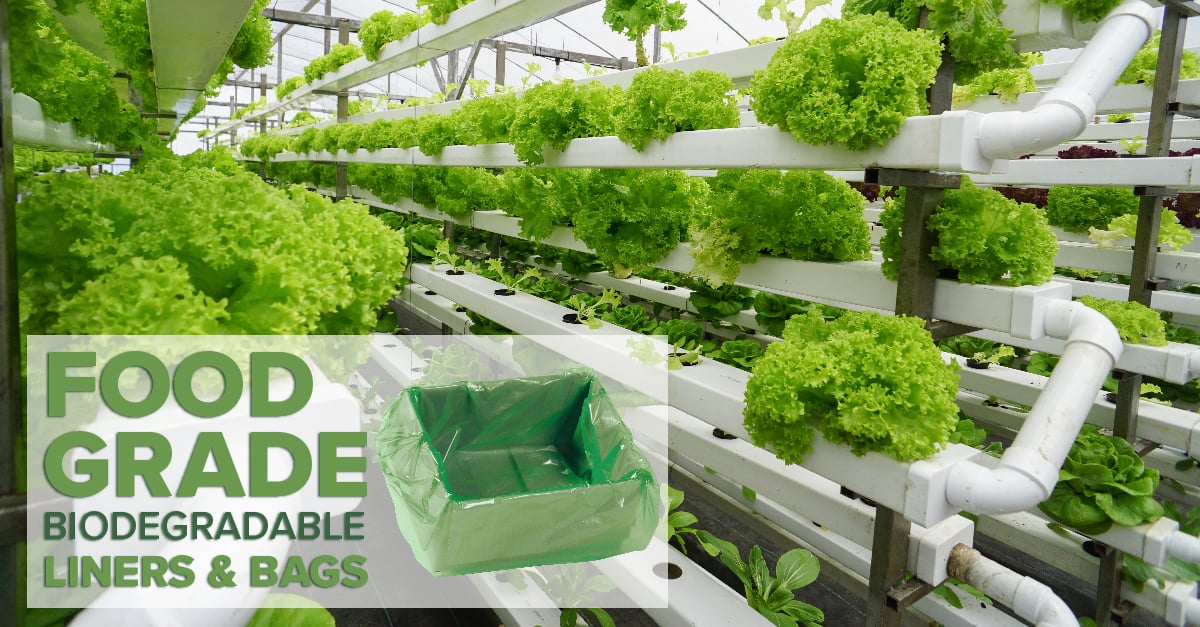Alternative Farming Systems Extend Growing Season
Industries are continuously evolving every day and one industry that is making waves with their innovative alternatives is the farming industry. One form of farming in particular has focused on eliminating unnecessary waste and promoting sustainability. Hydroponics and Aquaponics have certainly made a name for themselves. While hydroponics and aquaponics are executed in different ways both have similar origins. With each type having the benefit of saving up to 90% more water than traditional farming! Also, not to mention that fact that these systems provide year-round farming!

Hydroponic Farming
Hydroponic Farming has been explored by both commercial applications and at-home hobby farmers alike. This form of horticulture involves the growth of plants without the use of soil. While using mineral nutrient solutions, to include minerals such as magnesium, calcium, and phosphorus all incorporated in fresh water. One of the main factors that is considered in this type of farming is to ensure that the PH level is well balanced and in an optimum range which can be anywhere from 5-6.5 dependent on the operation. Some additional important factors to consider include root support (with the absence of soil) and light sources suitable for each type of plant (when growing indoors).
Aquaponic Farming
Aquaponic Farming is a sustainable method in which both fish and vegetables are raised in tandem. Like hydroponics, aquaponics gives farmers the ability to cut down on things like labor and land usage. The process, while it may seem like a foreign idea, is quite innovative. Nutrient rich water is provided from raising the fish which acts as a natural fertilizer for the plants while the plants aid in purifying the water in which the fish reside.
Plascon offers both stock and specialty liners to line your box, tote, or even bins that aid in keeping your produce fresh. We also offer biodegradable options as well! Reach out today to see how our products can prove beneficial to your operation while continuing the sustainable methods used in both hydroponic and aquaponic farming!
